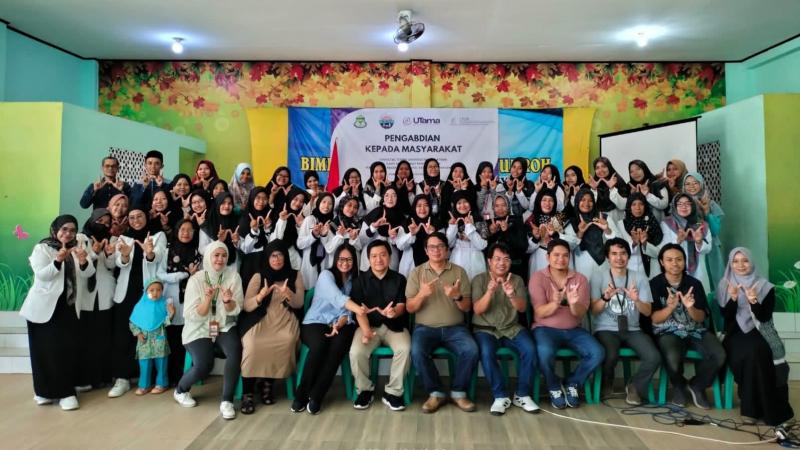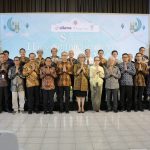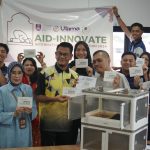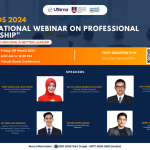JAKARTA (BeritaTrans.com) – The 2021 National Waste Management Information System states that waste is dominated by food waste (44.5 percent) followed by plastic (16.7 percent) and paper/cardboard (13.1 percent). The rest of the waste includes cloth, wood/ranting, rubber/leather, and glass. Meanwhile, the waste composition based on waste sources is dominated by households (60 per cent), followed by public facilities (13.3 per cent), markets (10 per cent), commerce (6 per cent), regions (5 per cent), and offices (4 per cent). Based on this data, for example, the Supply Chain Management (SCM) Cluster of the Industrial Engineering Study Programme (Prodi TI) of the Faculty of Engineering, Widyatama University Bandung sees the potential for logistics management that can provide added value to the community. By sorting household waste which dominates the type of waste, the community has potential income. Therefore, the SCM Cluster held a socialisation in Pangandaran District, Pangandaran Regency, on Monday (6/11) in the form of Community Service (PkM) activities. The activity, which was attended by around 50 participants, was organised in collaboration with the Rumah Yatim Foundation “Camp Anak Langit” and the Pangandaran District “Raudhatul Athfal” Teachers Association.
SCM Group member Verani Hartati explained that the socialisation and education included a waste bank that changed the conventional waste management pattern (collect, transport and dispose) into savings in a waste bank. Conventional waste management has a negative impact, including inorganic waste that could have been recycled being wasted in landfills. Logistical waste management has the potential to not only reduce the volume of waste in landfills, but also potentially empower communities with potential income. Verani said the logistics process of waste management has the potential to have a positive impact on environmental sustainability, sustainable development, and circular economy. In addition to the SCM Group, the PkM activity, which is coordinated by Dean of the Faculty of Engineering Didit Damur Rohman, also involves the Production Systems Group and the Quality Management and Ergonomics Group from the IT Study Programme and the Digital Marketing Group from the Information Systems Study Programme. The PkM material was given comprehensively by the speakers, namely Verani Hartati on Waste Management to Increase Added Value, Arief Rahmana on Quality Aspects in Business Development, Rendiyatna Ferdian on Organic Waste Processing, and Ucu Nugraha on Optimising Social Media as a Promotional Tool.(ahmad)
(Source : https://www.beritatrans.com/artikel/242890/pengelolaan-logistik-sampah-untuk-pemberdayaan-masyarakat/)

